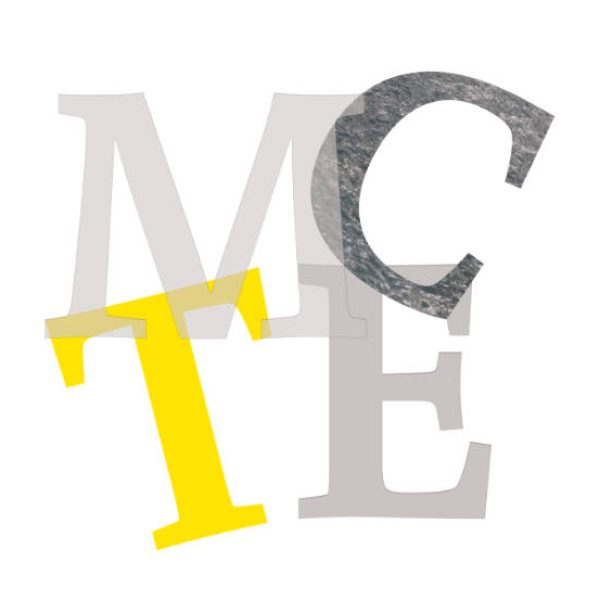Moving Cultures, Transcultural Encounters
Tuesday, 21 January 2025, 4pm CET
Campus Westend, Casino 1.812
Karina Horsti (Communication Studies, Minnesota)

From states to activists, people and communities insert their politics into memorialisation of deaths of unknown strangers at Europe’s borders. Memorializing tells something about those who memorialize. This talk discusses the intersections of different memorials and memorial performances, focusing on a decade of afterlives of the Lampedusa shipwreck in 2013. It shows how public memorializing of migrant deaths at borders in Europe serves two functions. First, memorialization is instrumentalized to make a political point or to create a community. Second, memorializing serves a therapeutic function as it helps people to cope with loss or having witnessed mass death – either in person or through the media. The politics of memorialization are multifaceted and can be transformative. In the afterlives of the Lampedusa disaster, Eritrean diasporic politics intersect with European politics creating new identities as survivors and the families of the victims make border violence visible, real and grievable. In doing so, they question the honesty of European values of equality and democracy. They project the unsustainability of the horrific present and future, and in doing so they become part of Europe.
The talk is based on a book Survival and Witness at Europe’s Border (Cornell UP 2023) and a documentary film project Remembering Lampedusa. It is followed by a 15 min section of documentary film The Night My Brother Disappeared (2022) by Anna Blom and Adal Neguse where survivors of the Lampedusa disaster narrate their memories of the disaster and their process of survival.


